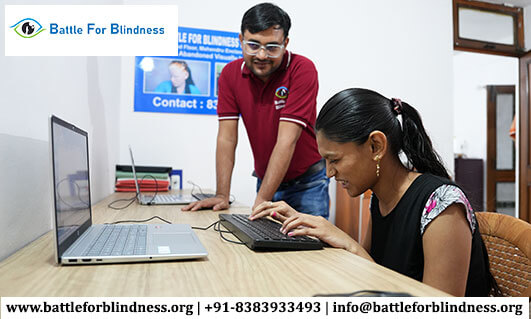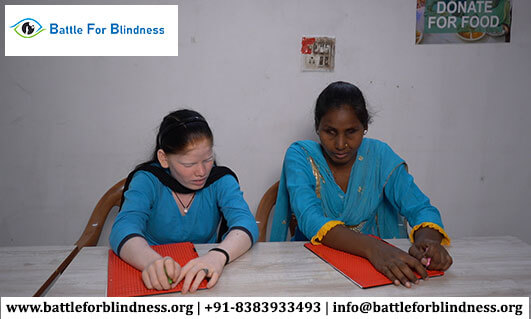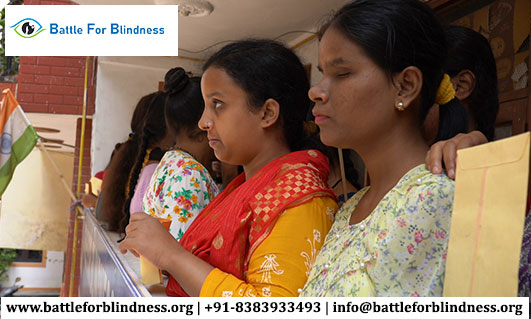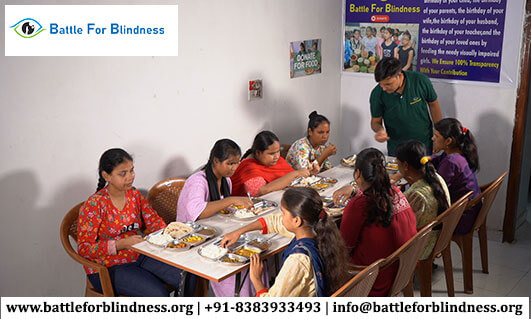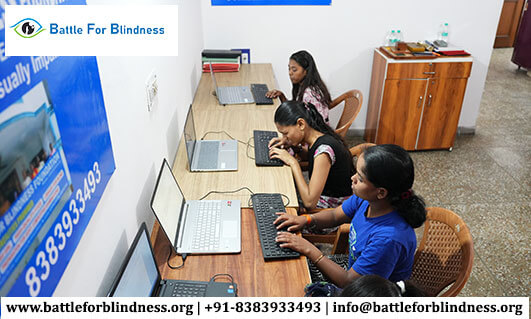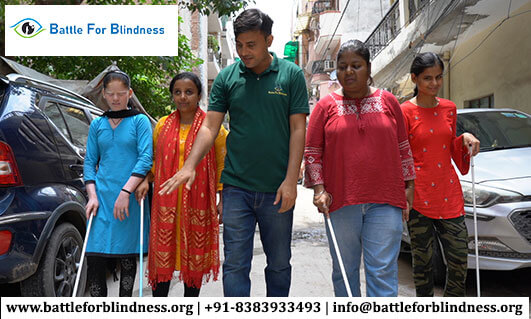The rights of blind people? It is giving a strong desire to answer, but no one-of-a-kind from those of the worldly-wise to see. They also want a happy childhood, a good education in life, a satisfying job, a fulfilling family life, enjoyable exciting entertainment and social activities, and the chance to take a full part in public life. They want respect; esteem; affection; but in particular recognition that they are residents with complete civil and human rights.
Disability is a state of Mind
They have provided the people of India with disabilities like blindness or visual impairment with “THE RIGHTS OF PERSON WITH DISABILITIES BILL – 2016”. Responsibility has been forged upon the appropriate governments to take effective measures to make sure that individuals with blindness or visual impairment disabilities enjoy their rights equally with others. Additional benefits such as reservation in higher education, government jobs, reservation in the allocation of land, poverty alleviation schemes, etc. have been provided for persons with disabilities and those with higher support needs. The bill provides the penalties for offenses committed against persons with disabilities and also the violation of the provision of the new law. Special courts will be designated in each district to handle such cases.
Government-funded educational institutions and government-recognized institutions will have to provide education to children with disabilities. Persons with “benchmark disabilities” are defined as those certified to have at least a percentage of the disabilities specified in the list.
Legal Rights of the Disabled in India
- The Constitution secures to the citizens including the disabled, a right to justice, liberty of thought, expression, belief, faith and worship, equality of status and of opportunity, and for the promotion of fraternity.
- No disabled person can be compelled to pay any taxes for the promotion and maintenance of any particular religion or religious group.
- The Persons with Disabilities (Equal Opportunities Protection of Rights and Full Participation) Act 1995 “came into enforcement on February 7, 1996. It is a significant step that ensures equal opportunities for people with disabilities and their full participation in nation-building. The Act provides for both the preventive and promotional aspects of rehabilitation like education, employment, vocational training, reservation, research and manpower development, creation of a barrier-free environment, rehabilitation of persons with disability, unemployment allowance for the disabled, special insurance scheme for the disabled employees and establishment of homes for persons with severe disability, etc.
- Every disabled person (like the non-disabled) at the attainment of 18 years of age becomes eligible for inclusion of his name in the general electoral roll for the territorial constituency to which he belongs.
Rights and Entitlements
Responsibility has been tilted upon the governments to take constructive measures to ensure that persons with disabilities enjoy their rights equally with others.
Additional benefits such as reservation in higher education (not less than 5%), government jobs (not less than 4 %), reservation in the allocation of land, poverty alleviation schemes (5% allotment), etc. have been provided for persons with benchmark disabilities and those with high support needs.
Every child with a benchmark disability between the age group of 6 and 18 years shall have the right to free education.
Government-funded educational institutions, as well as government, recognized institutions will have to provide inclusive education to children with disabilities.
For strengthening the Prime Minister’s Accessible India Campaign, stress has been given to ensure accessibility in public buildings (both Government and private) in a prescribed time frame.
